New Publication: The Saeed lab publishes a paper reporting cell culture systems for isolation of SARS-CoV-2 from clinical isolates and production of recombinant virus
The Saeed lab publishes a paper reporting cell culture systems for isolation of SARS-CoV-2 from clinical isolates and production of recombinant virus.

Summary: A simple and robust cell culture system is essential for generating authentic SARS-CoV-2 stocks for evaluation of viral pathogenicity, screening of antiviral compounds, and preparation of inactivated vaccines. Evidence suggests that Vero E6, a cell line commonly used in the field to grow SARS-CoV-2, does not support efficient propagation of new viral variants and triggers rapid cell culture adaptation of the virus. We generated a panel of 17 human cell lines overexpressing SARS-CoV-2 entry factors and tested their ability to support viral infection. Two cell lines, Caco-2/AT and HuH-6/AT, demonstrated exceptional susceptibility, yielding highly concentrated virus stocks. Notably, these cell lines were more sensitive than Vero E6 cells in recovering SARS-CoV-2 from clinical specimens. Further, Caco-2/AT cells provided a robust platform for producing genetically reliable recombinant SARS-CoV-2 through a reverse genetics system. These cellular models are a valuable tool for the study of SARS-CoV-2 and its continuously emerging variants.
Find the full article here.
New Publication: The Garcia-Marcos lab, in collaboration with members of the Department of Chemistry at Boston University and the CSIC-CIB in Spain, have published in Proceeding of the National Academy of Sciences (PNAS) …
The Garcia-Marcos lab, in collaboration with members of the Department of Chemistry at Boston University and the CSIC-CIB in Spain, have published in Proceeding of the National Academy of Sciences (PNAS) the discovery of a chemical compound that specifically blocks an aberrant
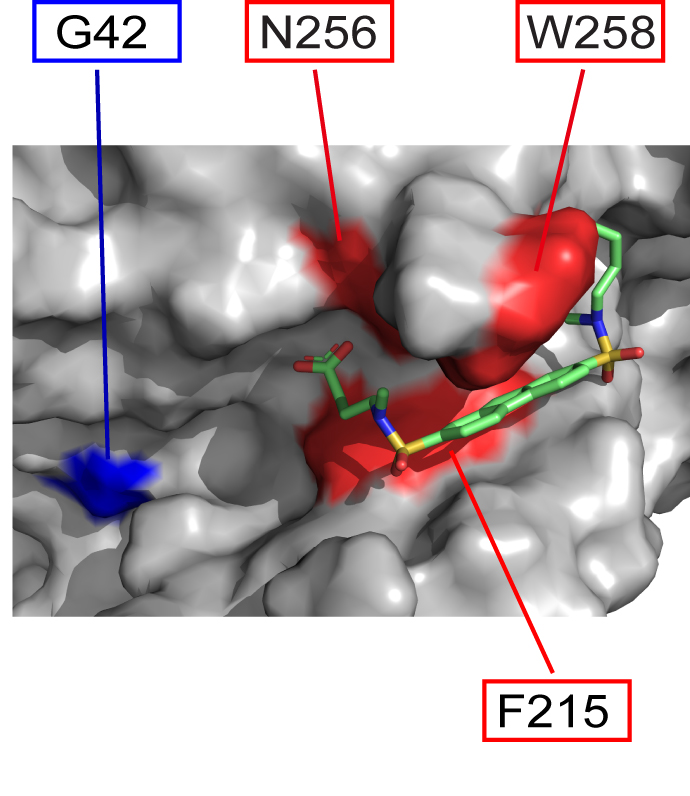 mechanism of signaling in cancer cells that drives invasion and metastasis. The publication can be found here: https://www.pnas.org/doi/10.1073/pnas.2213140120
mechanism of signaling in cancer cells that drives invasion and metastasis. The publication can be found here: https://www.pnas.org/doi/10.1073/pnas.2213140120
Human diseases frequently arise from defects in the mechanisms by which external cues are sensed and relayed to the interior of the cell. The proteins most widely targeted by existing therapeutic agents belong to a large family of cell surface receptors named G-protein-coupled receptors (GPCRs), which relay external cues by activating G-proteins in the interior of cells. Here, we report the surprising discovery of a synthetic small molecule that selectively targets G-proteins without compromising their ability to relay signals from GPCRs. Instead, this small molecule disrupts an atypical, GPCR-independent mechanism of G-protein signaling involved in cancer. This work reveals an alternative paradigm in targeting components of a signaling machinery with broad relevance in cellular communication in health and disease.
Perissi Lab awarded a new NIGMS Maximizing Investigator’s Research Award (MIRA)
The Perissi Lab has received a new NIGMS Maximizing Investigator's Research Award (MIRA) to investigate the "Coordination of PAR and Ub signaling in mitochondria". Research supported by the R35GM149339 award will investigate the spatial and functional regulation of mitochondria retrograde signaling in response to mitochondrial stress and explore the crosstalk between ubiquitination and ADP-ribosylation in regulating mitochondrial homeostasis. Successful completion of the proposed studies will lead to a better understanding of the mechanisms regulating metabolic adaptation to mitochondrial stress and possibly reveal novel pathways to target for therapeutic purposes.
Congratulations to both Andrew Tilston-Lunel and Da-Yuan Chen on being selected for the Department of Biochemistry& Cell Biology Early Career Development Award this year.
Congratulations to both Andrew Tilston-Lunel and Da-Yuan Chen on being selected for the Department of Biochemistry& Cell Biology Early Career Development Award this year.
Each recipient was awarded a one-year pilot grant of $20,000 for a project based on an innovative idea that establishes a new research direction.
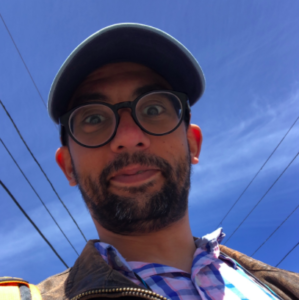
Andrew is a Postdoctoral Associate working in the Varelas laboratory on a project entitled: “Visualizing mechanical dynamics in polarized epithelium”.

Da-Yuan is a Postdoctoral Associate working in the Saeed laboratory on a project entitled: “Investigating the Composition of Coronavirus Replication Organelles”.
Both recipients will present a seminar on their project later this year.
Mohsan Saeed joins TWiV to discuss the work of his laboratory… Check out the podcast!
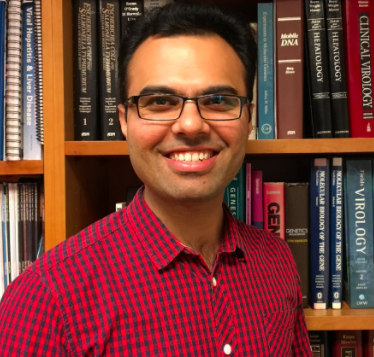 Mohsan joins TWiV to discuss the work of his laboratory showing that spike and nsp6 are determinants of Omicron attenuation, and why the work was widely misinterpreted by the press and the public.
Mohsan joins TWiV to discuss the work of his laboratory showing that spike and nsp6 are determinants of Omicron attenuation, and why the work was widely misinterpreted by the press and the public.
Check out the podcast using the link below:
https://www.microbe.tv/twiv/twiv-997/
Robert Mercer recently awarded a research grant funded by Creutzfeldt-Jakob Disease Foundation.
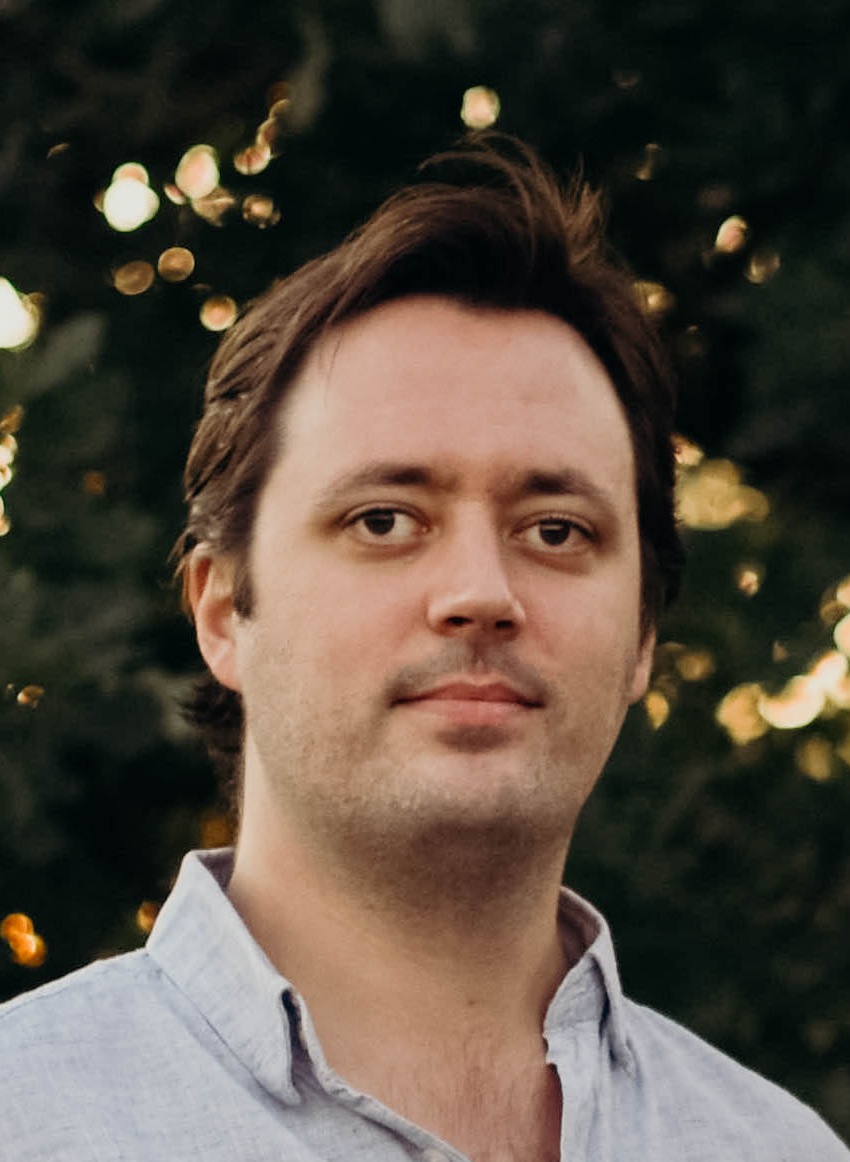 Robert Mercer, an Instructor in the Harris lab, was recently awarded a research grant funded by Creutzfeldt-Jakob Disease Foundation. This two-year, $100,000 grant is entitled “Microenvironment mapping of the PrPSc Interactome”.
Robert Mercer, an Instructor in the Harris lab, was recently awarded a research grant funded by Creutzfeldt-Jakob Disease Foundation. This two-year, $100,000 grant is entitled “Microenvironment mapping of the PrPSc Interactome”.
Prion diseases are fatal and currently untreatable neurodegenerative diseases of humans and animals. The central event underlying these diseases is the 3D conversion of the prion protein (PrPC) to a pathogenic shape, denoted PrPSc. In attempts to elucidate its function, there have been multiple studies analyzing the interaction network, or interactome, of PrPC. However, almost nothing is known about the interaction network of PrPSc. Here, we propose to examine the PrPSc interactome for the first time, providing a wealth of new targets for therapeutic intervention.
Our new name……
We are pleased to announce that we have changed our name to better reflect the breadth of research in our department. We are now "Biochemistry & Cell Biology"
David Harris—Chair’s message 2023
New message from David Harris, MD PhD—Chair of Biochemistry & Cell Biology
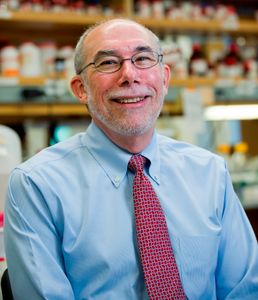
Chair of Biochemistry
Nabil Rabhi awarded dKNET grant
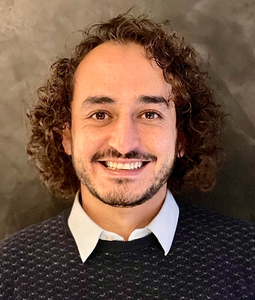 Congratulations to Nabil Rabhi who was recently awarded a competitive dKNET New Investigator Pilot Program in Bioinformatics Grant. This project addresses how maternal obesity impacts offspring adipose tissue cellular heterogeneity. The project will leverage the recent technological advances in single-cell and spatial transcriptomic and epigenomic to investigate how maternal metabolic status affects the composition and the function of cell types that compose adipose tissue (AT). It will uncover how maternally inherited alterations in AT cellular diversity increases progenies’ susceptibility to weight gain. CRISPR in combination with single-cell sequencing will be used to identify potential regulators of various cell states and uncover causal networks and elucidate molecular mechanisms leading to transgenerational inheritance of obesity.
Congratulations to Nabil Rabhi who was recently awarded a competitive dKNET New Investigator Pilot Program in Bioinformatics Grant. This project addresses how maternal obesity impacts offspring adipose tissue cellular heterogeneity. The project will leverage the recent technological advances in single-cell and spatial transcriptomic and epigenomic to investigate how maternal metabolic status affects the composition and the function of cell types that compose adipose tissue (AT). It will uncover how maternally inherited alterations in AT cellular diversity increases progenies’ susceptibility to weight gain. CRISPR in combination with single-cell sequencing will be used to identify potential regulators of various cell states and uncover causal networks and elucidate molecular mechanisms leading to transgenerational inheritance of obesity.
New Publication – Signals promoting the development of basal-like breast cancers
A study from the Varelas Lab was recently published in Nature Communications describing the functions of the Hippo pathway effector kinases, LATS1 and LATS2 (LATS1/2), in the mammary epithelium. The study led by first author Joseph Kern tested the consequences of deleting the Lats1 and Lats2 genes in mature luminal mammary epithelia in mice. Loss of LATS1/2 led to the rapid development of basal-like carcinomas that resemble triple-negative breast cancers in humans, and over time LATS1/2-deleted tumors gained the capacity to metastasize. Luminal cells lacking LATS1/2 activity were found to exhibit luminal-to-basal plasticity, indicating that LATS1/2 are required to maintain the mature luminal mammary epithelial state. The phenotypes observed could be rescued by deletion of the transcriptional effectors YAP and TAZ, which are downstream phosphorylation targets of the LATS1/2 kinases, implicating aberrant YAP/TAZ activity in basal-like carcinoma development. Gene expression signatures derived from LATS1/2-deleted carcinomas closely resembled those of human basal-like cancers, suggesting dysregulated LATS1/2 activity is a contributing molecular event to the development of human triple-negative breast cancers.
